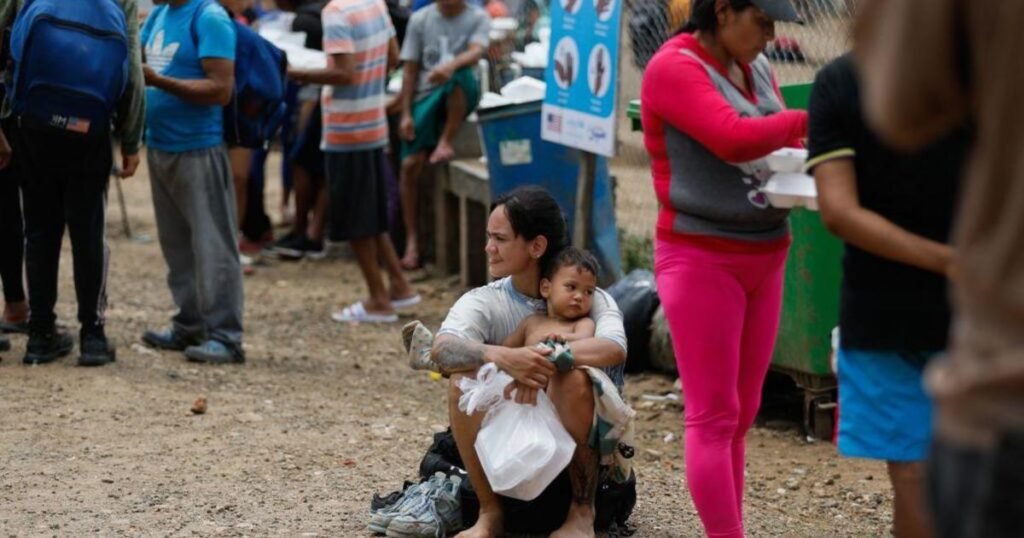The Biden administration is planning to refer some migrants in Latin America for resettlement in Greece and Italy as part of another effort to discourage people in the region from traveling to the U.S.-Mexico border. This initiative would involve some migrants processed at immigration offices set up in four Latin American countries to be welcomed by Greece and Italy to apply for legal entry into those countries. The centers, known as Safe Mobility Offices, have allowed certain migrants in Colombia, Costa Rica, Ecuador, and Guatemala to apply to come to the U.S. or other countries legally. Under the new arrangements, Greece and Italy would join Canada and Spain in resettling some of those processed at the offices, with each country likely accepting around 500 or fewer migrants.
The Safe Mobility Offices are part of the Biden administration’s strategy to reduce illegal crossings at the U.S. border by offering legal immigration opportunities to would-be migrants. Over the past year, the administration has implemented tougher enforcement measures, including a rule that presumes migrants are ineligible for U.S. asylum if they failed to seek protection in a third country. These efforts have led to over a 50% decrease in unlawful crossings at the U.S.-Mexico border in May compared to the record high reported in December. President Biden is also preparing to issue an executive action that would bar most asylum claims when illegal crossings soar, in an effort to prevent a potential spike in migration.
The success of the Safe Mobility Offices has led the State Department to engage in diplomatic discussions with other countries about expanding legal pathways for resettlement to accommodate a six-fold increase in the number of refugees resettled from the Western Hemisphere. U.S. officials recently met with diplomats from Canada, Italy, Spain, and the countries hosting the Safe Mobility Offices to discuss this initiative. This highlights an increasing trend by the U.S. and other Western countries to manage migration crises globally through international agreements.
Italy and Greece have been struggling with migration crises of their own over the past decade, with large numbers of migrants fleeing wars and poverty in North Africa and the Middle East. They have become transit countries for migrants hoping to settle elsewhere in Europe, but also face aging populations and labor shortages, creating an incentive for them to resettle foreign workers. The Safe Mobility Offices serve as regional hubs for the U.S. to determine whether migrants qualify for different options to enter the U.S. legally, including refugee resettlement, family visa programs, work visas, or humanitarian parole, and have seen success in resettling migrants in Canada and Spain.
Who can be processed at the Safe Mobility Offices depends on the host country, with each office accepting applications from specific nationalities. For example, the office in Colombia accepts applications from Cuban, Haitian, and Venezuelan migrants, while the Costa Rica office processes only Nicaraguans and Venezuelans. In Ecuador, the U.S. office accepts cases filed by Cubans, Haitians, Nicaraguans, Venezuelans, and Colombians, and the office in Guatemala processes Guatemalans. This regional approach to screening and resettlement aims to provide legal pathways for migrants while reducing illegal crossings at the U.S. border. The initiatives to refer some migrants to Greece and Italy highlight the collaborative efforts between countries to address the global migration crisis through legal and humanitarian means.












